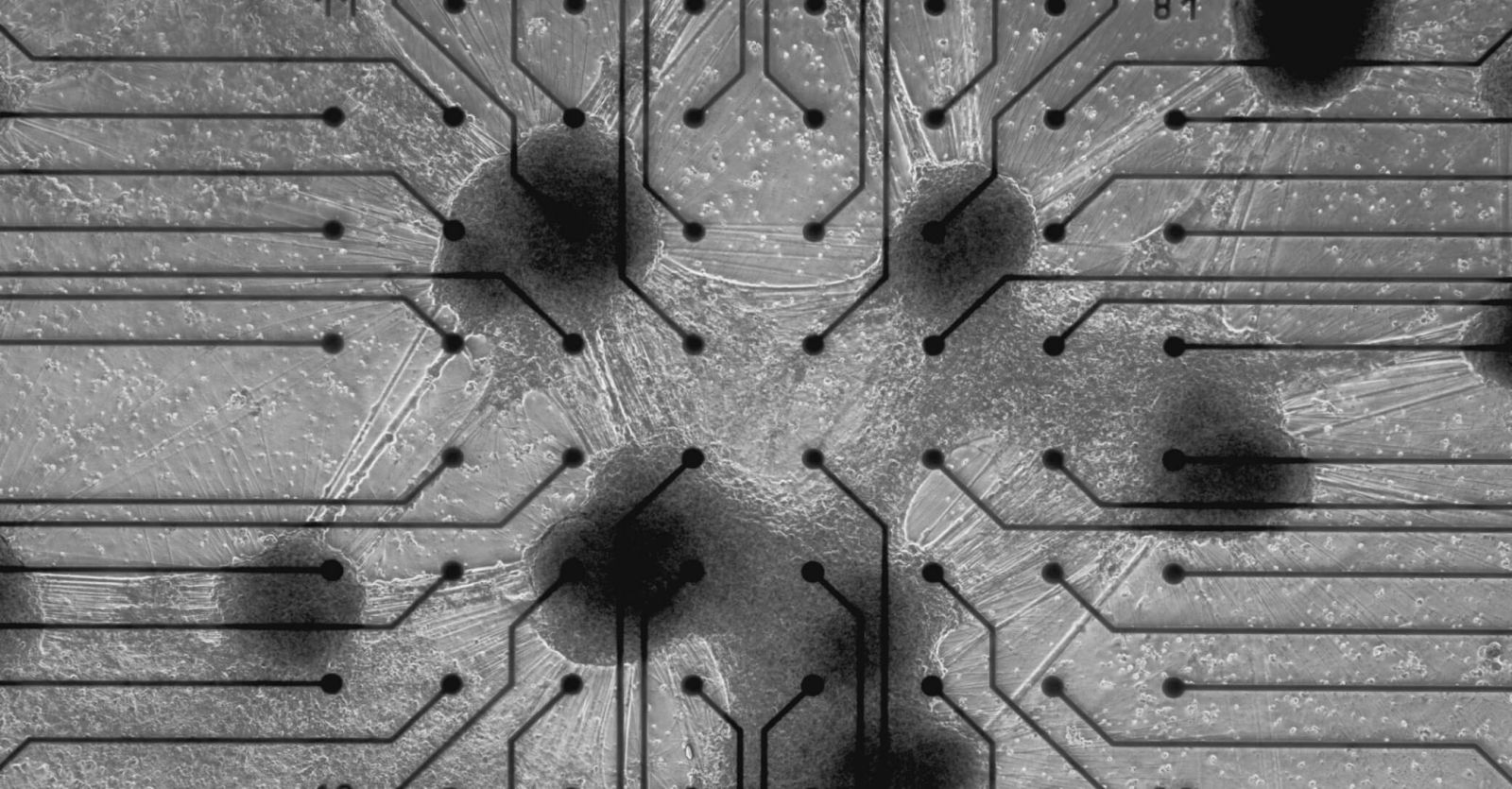A computer with human neurons available in bulk this year 🧠
Follow us on Google News (click on ☆)

Human neurons on a silicon chip.
Image Cortical Labs
The CL1, launched on March 2 by Melbourne-based startup Cortical Labs, is touted as the first programmable biological computer. This shoebox-sized system could find applications in disease modeling and drug discovery.
Inside the CL1, a nutrient medium feeds human neurons that grow on a silicon chip. This chip sends and receives electrical impulses to train the neurons to adopt specific behaviors. An earlier version, called DishBrain, had learned to play the video game Pong.
According to Brett Kagan, Chief Scientific Officer at Cortical Labs, the system uses only a few watts of electricity and can keep neurons alive for up to six months.
Tools like the CL1 could help develop treatments for brain diseases by studying how the system learns and processes information. Silvia Velasco, a stem cell researcher, highlights the importance of these advances despite the ethical questions raised.
Some scientists express ethical concerns about the development of 'synthetic biological intelligence'. Although current systems are less complex than the human brain, they spark debates about the nature of consciousness.
The CL1 will sell for approximately $35,000 per unit and will become widely available by late 2025. Cortical Labs will also offer a cloud-based computing option for users without adequate equipment.